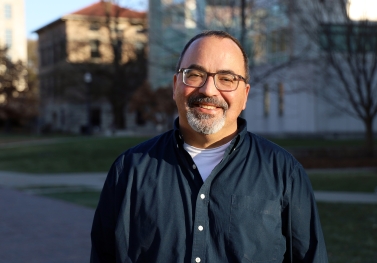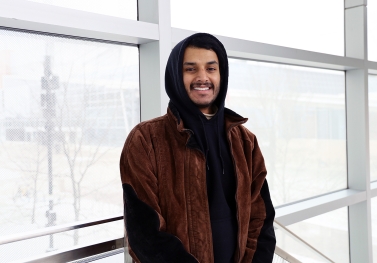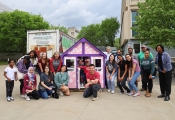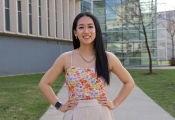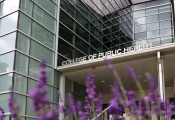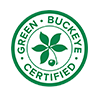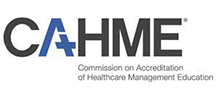First-year MPH student Jimmy Nash is immersed in research and community outreach about HIV care disparities.

Jimmy Nash, a first-year Master of Public Health student in health behavior and health promotion, is a first-generation college student and has become immersed in research and community outreach surrounding HIV disparities among marginalized populations.
Why did you decide to pursue public health?
My interest in public health is based primarily on understanding how health injustices regarding HIV prevention and care arise within marginalized communities, such as those who identify as Black and LGBTQ. While my ultimate goal is to become a physician, having this degree in my toolbox will make me a more well-rounded clinician. As the COVID-19 pandemic has highlighted, public health influences so many areas of our lives. As such, providing equitable services to and advocating for underserved populations has to always be at the forefront.
What are your goals after graduating?
I intend to matriculate into medical school. With a specialization in infectious disease, I aspire to work with HIV/AIDS patients by providing both preventative and treatment services. In addition, I want to create a comprehensive sexual health education program that can be integrated into curriculums at primary and secondary schools. Through this program, I hope to end the cycle of misinformation on the topic of sexual health and counteract the need for treatment by emphasizing preventative measures. This includes information on campaigns such as Undetectable = Untransmittable, or “U=U,” which works to destigmatize those living with HIV to encourage them to stay linked to care and treatment.
You currently work at Equitas Health, a nonprofit community health care system. What is your role there and what have you learned?
At Equitas, I serve as a prevention specialist working to create personalized sexual risk-reduction plans while also providing HIV/STI testing and community outreach. Serving within this capacity has provided me opportunities to expand my understanding of HIV care, refine my clinical skills and raise my awareness regarding the social barriers that exist to accessing preventative care. Furthermore, I have learned effective ways to aid individuals in making positive, sustainable health behavior changes by focusing on meeting the person where they are.
What about your academic activities?
I’m currently engaged in research with my advisor, professor JaNelle Ricks. Our project studies the influence of maternal caregivers on pre-exposure prophylaxis (PrEP) adherence for adolescents. PrEP is the medicine that people at risk for contracting HIV take to prevent getting infected. Additionally, I serve as a graduate mentor for the Black Graduate and Professional School Caucus.
How have these experiences enriched your time at Ohio State?
My research is directly related to my coursework, which has made it easier for me to understand how to create effective health programming by putting the theories/models I’ve learned into practice. Considering the nature of an MPH, this is key. Regarding mentoring, I recall how difficult it was to traverse the graduate school application process as a first-generation college student and someone who is severely underrepresented in the field. It has been instilled in me that as I continue to make strides within my career, I must reach back as I climb.
What advice would you give incoming students?
“Become comfortable with being uncomfortable." This is something that a mentor told me during my freshman year at Ohio State. What they wanted me to understand is that within advocacy work, you may not always know the answer, and you may not always be in a situation in which you’ve had previous experience. There is growth that comes from stepping outside of your comfort zone and attempting new experiences. This can take many forms, ranging from emailing that professor you want to work with to making your voice heard in the face of injustice.

